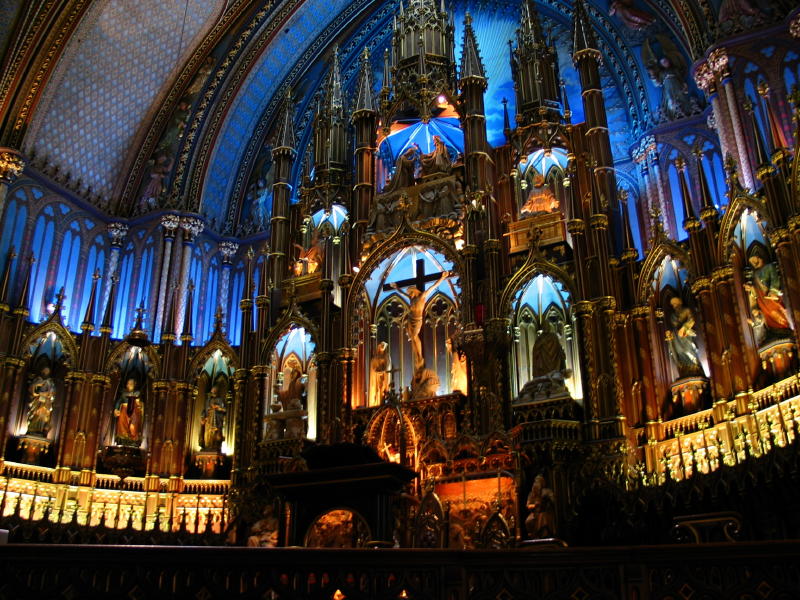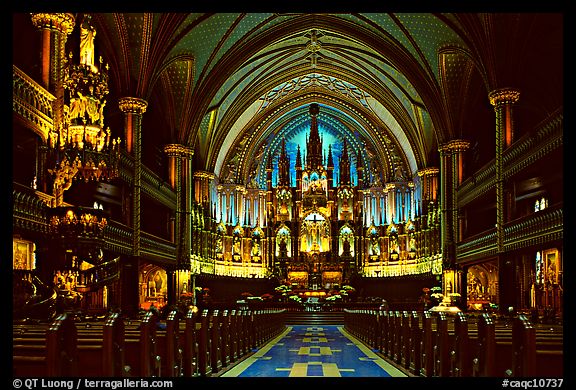ABL Architecture & Design of Charlotte, NC evolved from Able Drafting Service, a sideline of founder Thomas A. Incze. The staff of this predecessor was comprised entirely of Mr. Incze's students when he was an Associate Professor of Architecture at UNC Charlotte. Friction between the dean of this school and the volatile Mr. Incze resulted in his resigning his teaching job in the late 1980s.
I was present at the foundation of ABL Architecture & Design in the early 1990s, and even designed its logo. Thomas A. Incze can be compared to a "prophet without honor" (and one without honor even in his own country). His early engagement in what has come to be called New Urbanism was based on his knowledge of history. Dilworth Crescent, Charlotte, NC was largely his brainchild. It was immensely profitable for its developer, James Gross (a former student of Incze). This project was, as noted by contributors to archBOSTON, a decade ahead of its time, but the inspiration for its compact site plan is centuries old. Mr. Incze failed to build a reputation based upon his contribution to this lucrative development.
Thomas Incze was satisfied playing the role of dishonorable prophet. He was always right, and the rest of the world was dead wrong. Compromise was impossible for him, and his contempt for zoning and building codes made my role a designer/draftsman exasperating. He believed that his failure to be recognized as a genius could be blamed on the world's inability to understand him. This was not due to a lack of clarity, however, but mainly due to his intransigence. He was stubborn, proud, and at times insolent and abusive. My personal campaign to humanize him ended in defeat. I have vowed to never speak to him again. I renounce ABL forever, yet I do not regret the tempestuous years I spent with Mr. Incze.
My job at ABL Architecture & Design was to translate Mr. Incze's scholarly, yet embryonic urban design notions into images and drawings. Historic prototypes were resurrected, transported to a present-day site, then promoted to a revolving series of aspiring real estate developers. Every scheme was viable, yet very few were actually developed. The speculative work was underwritten by funds earned through individual building commissions. Speed of execution and extremely low fees ensured that there was a seemingly limitless supply of work. Regrettably, the late recession set in, and this hitherto reliable supply dwindled to almost nothing. Concurrently, Mr. Incze was diagnosed with Parkinson's Disease.
A journey that began with a privileged childhood in Europe, continued through Harvard and Yale, an abbreviated academic career, and, finally, a highly subsidized and ultimately fruitless obsession with urban design has now come to a bittersweet close.
Though I managed to earn a living throughout my association with Mr. Incze, I had no desire to remain as heir apparent to a firm whose income was based solely on low cost and quick turnaround. The costs were set by Mr. Incze, but the productivity rate was my contribution. My two decades at ABL were not wasted, however. I was privileged to sit at the feet of a prophet, albeit a dishonorable one, and to learn from him. His knowledge of art and architecture was encyclopedic. Like Solomon, he believed that there can be nothing new under the sun. I strongly disagree with this depressing philosophy.




